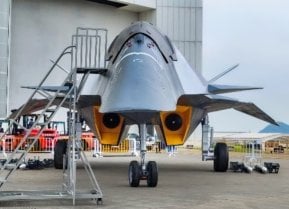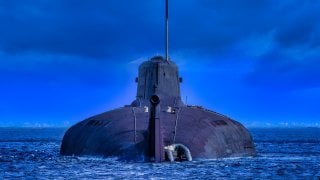Would Russia Really Help China Build Stealth Submarines?
The AUKUS alliance's collaboration on a nuclear-powered submarine highlights the increasing complexity and cost of modern submarine development. While the U.S., UK, and Australia strengthen their partnership, Admiral Samuel Paparo of INDOPACOM warns of a potential counteraction: Russia sharing submarine technology with China and North Korea.
What You Need to Know: The AUKUS alliance's collaboration on a nuclear-powered submarine highlights the increasing complexity and cost of modern submarine development. While the U.S., UK, and Australia strengthen their partnership, Admiral Samuel Paparo of INDOPACOM warns of a potential counteraction: Russia sharing submarine technology with China and North Korea.
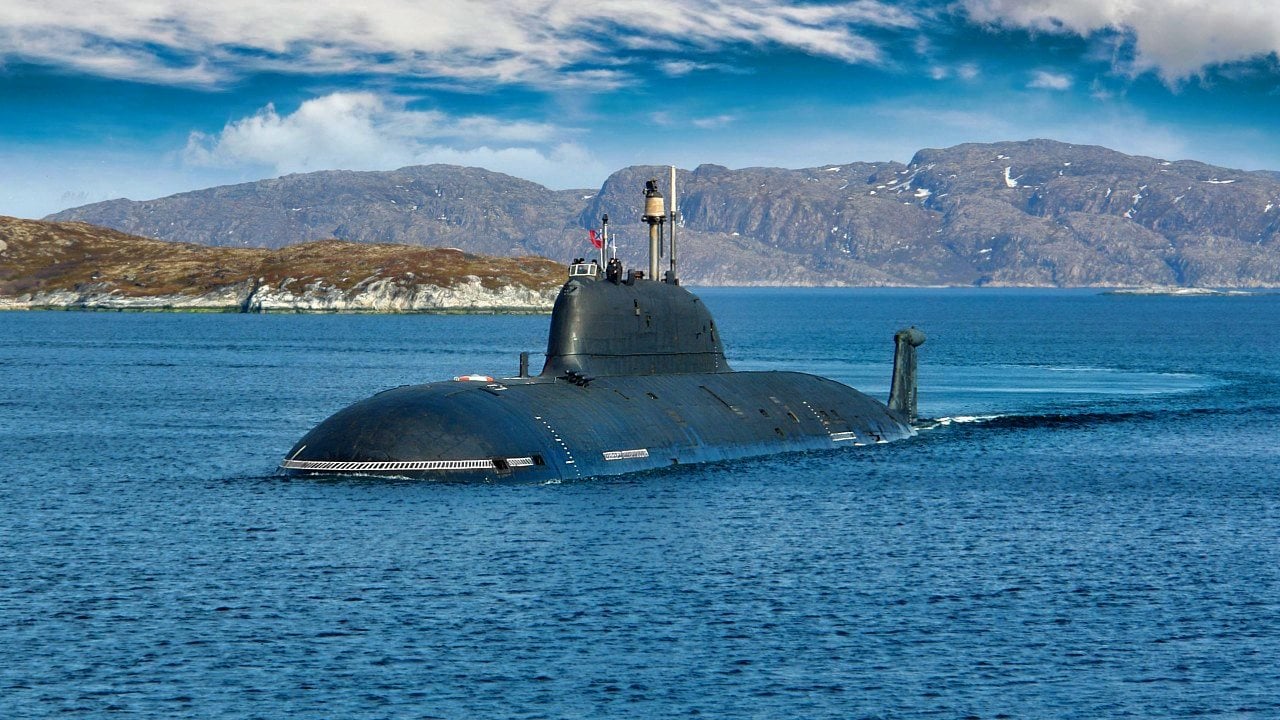
-This transfer could undermine U.S. underwater dominance in the Pacific. Russia, resource-poor but technologically adept, may exchange its submarine expertise for Beijing's and Pyongyang's support in Ukraine.
-China’s vast shipyard capacity raises concerns that it could bolster Russian naval capabilities or produce its own advanced submarines, threatening Western strategic interests.
Russia Could Arm China, North Korea with Submarine Technology, Admiral Warns
The United States and the United Kingdom are working with Australia to develop a future nuclear-powered submarine as part of the first pillar of the AUKUS alliance. Australia had previously sought to develop the sub with help from France, before pulling out of the deal.
This current partnership is a reminder that modern submarines are highly complex machines, and we should almost certainly expect to see future partnerships as no single nation may be capable of taking on the burden of developing such vessels.
However, it won't just be Washington's friends and partners that seek to coordinate, and that should be seen as a serious concern for the West said the head of U.S. Indo-Pacific Command (INDOPACOM).
On Saturday, U.S. Navy Admiral Samuel Paparo, who heads INDOPACOM, warned while speaking at the Halifax International Security Forum that Russia could help China and even North Korea in developing the next generation of underwater cruisers – to use the Russian term for military submarines.
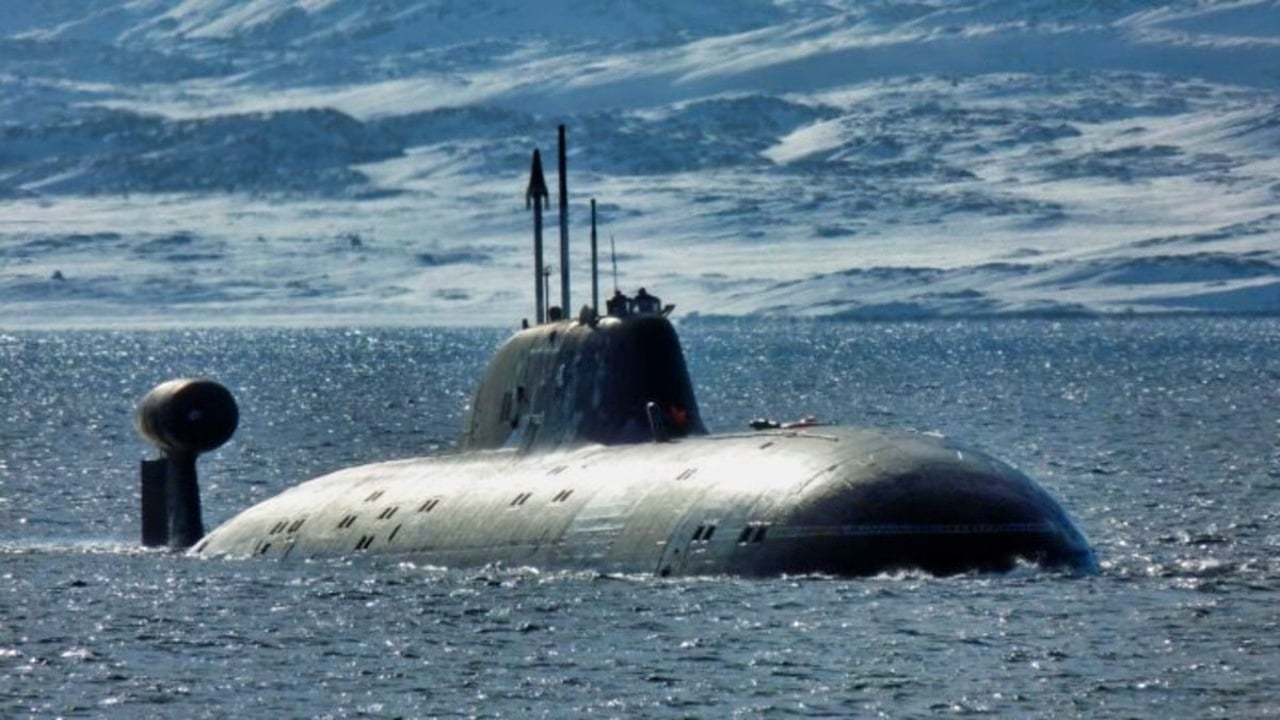
Since the Soviet era, the Kremlin has been known to build some of the world's most advanced submarines, and it may transfer that technology to its partners.
"I expect Russia to provide submarine technology to the PRC that has the potential of closing American undersea dominance over the PRC," Paparo suggested.
Military Tit-for-Tat
Pyongyang is certainly trying to court favor with Moscow, and it has provided artillery shells, howitzers, and most recently literal boots on the ground to bolster Russia's ongoing war in Ukraine. At the same time, Beijing has been not-so-secretly boosting the Russian war machine, enabling Moscow to remain in the fight as numerous Western nations led by Washington, have provided Kyiv with military aid including tanks, combat aircraft, missiles, and other hardware.
One difference is that the U.S. and its allies aren't expecting something in concern – and the same can't be said of Pyongyang or Beijing. That is where the submarines could come into play.
While Russia can't provide submarines to China or North Korea in exchange for the aid it has received, the Kremlin can still provide the technology for those nations to build the submarines. Moreover, it might even be possible that Beijing would build submarines for the Russian Navy – as China has greater shipyard capacity than Russia, or more worrisome, even the United States.
"Where one is resource poor, the others fulfill those resources. Where one has operational needs, the others are fulfilling those needs," Paparo added.
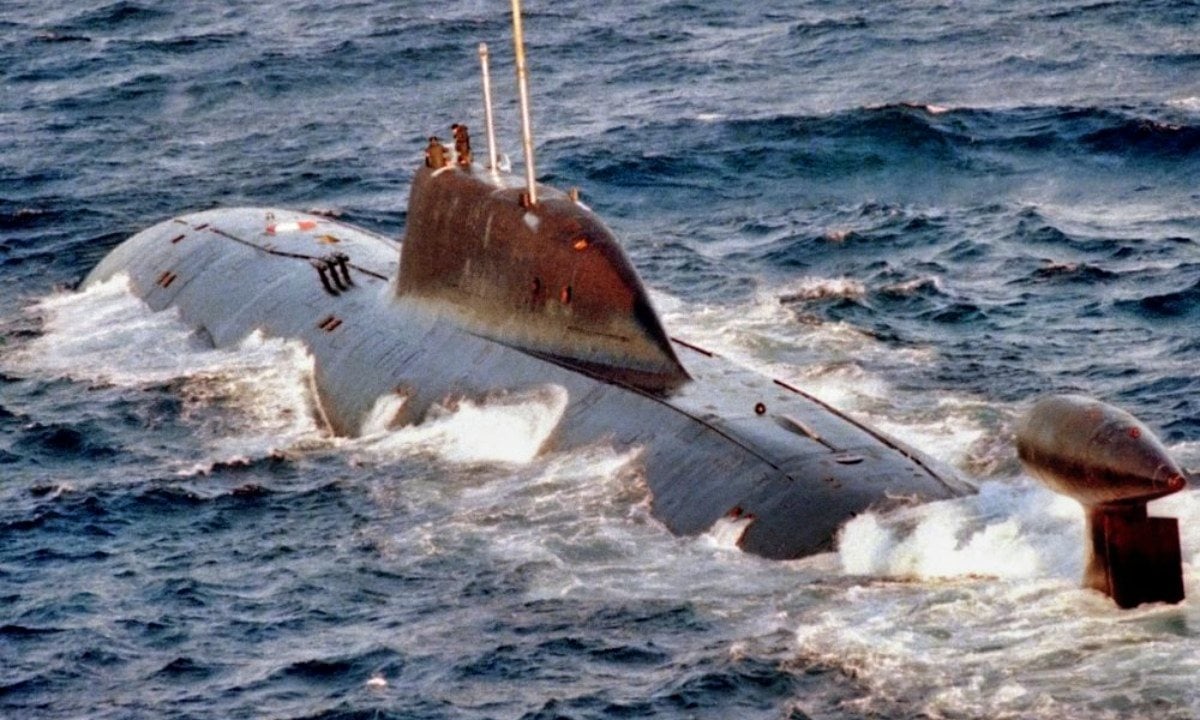
Closer Ties – At Least For Now
The Sino-Soviet split seems more than well healed, and at least for now, Washington should accept that Beijing and Moscow will maintain closer ties. It may be difficult, even impossible to drive a significant wedge between the two nations.
"The idea of driving wedges between these two is fanciful," said Andrew Shearer, director-general of Australia's Office of National Intelligence, who also spoke at Saturday's security forum.
Shearer suggested that the best action the West can take is to "adjust our mindsets, shift our policies and boost our defense spending and become, frankly, more assertive."
Of course, it must be remembered that the Sino-Soviet split did occur over different ideologies – and that isn't likely going to change. Moreover, the Sino-Soviet distrust could return because it existed long before communism took hold in either nation and as previously reported, China has built up its domestic arms industry so that it doesn't have to rely on Russia.
It is already making inroads with aircraft carriers, fighter jets, and missiles. While there could be a partnership in submarines, the partnership may not be long-lasting.
The idea of driving wedges between the two may remain fanciful for now, but it is hard to know how the next leaders of the respective nations may view the partnership – and that remains the wild card. A change of leadership in the democracies of Europe or Asia may change the stances slightly, but we can't count out the whims of a more autocratic leader. Putin's goals of rebuilding the Soviet Union pushed Russia closer to China, but the next Russian president may just as easily eye greater influence in the Indo-Pacific.
Author Experience and Expertise: Peter Suciu
Peter Suciu is a Michigan-based writer. He has contributed to more than four dozen magazines, newspapers, and websites with over 3,200 published pieces over a twenty-year career in journalism. He regularly writes about military hardware, firearms history, cybersecurity, politics, and international affairs. Peter is also a Contributing Writer for Forbes and Clearance Jobs. You can follow him on Twitter: @PeterSuciu. You can email the author: [email protected].
Image Credit: Creative Commons and/or Shutterstock.
From the Vault
